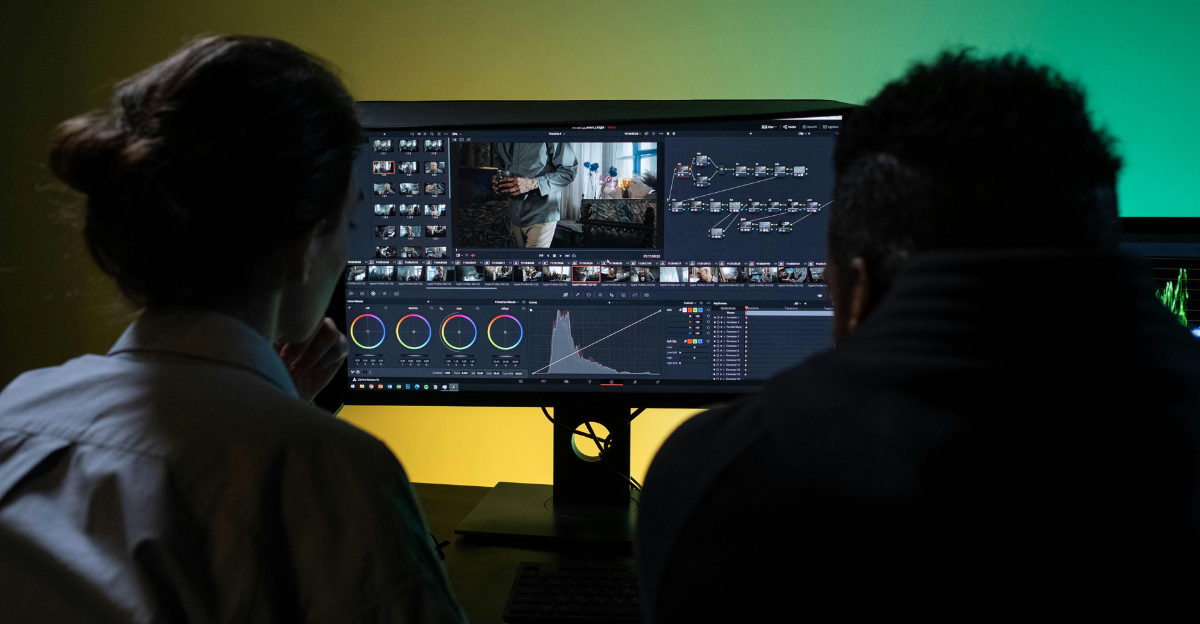
In the fast-moving world of social media, music is not only more accessible but also more vulnerable than ever before. Whether it’s adding emotion to a story or soundtracking a viral dance on TikTok, songs are constantly being used by millions of social media users every day. But what if much of the content that’s being created is actually illegal? A new lawsuit filed by Eminem’s music publisher suggests that might be the case. And in order to prove it, it’s going after one of the biggest tech companies in the world.
Headline-Grabbing Lawsuit

On May 30, 2025, Eminem’s publishing company, called Eight Mile Style, filed a federal lawsuit against Meta Platforms in Nashville. The lawsuit accuses the owner of Facebook, Instagram and WhatsApp of using 243 of Eminem’s songs without proper licenses. The claim is that Meta deliberately allowed these songs to be featured by users in videos and reels, saved them in its systems, and continued their use despite repeated requests for takedown.
Eight Mile Style vs. Meta

Being the powerhouse behind Slim Shady’s biggest hits, Eight Mile Style is not to be underestimated. The company holds rights to some of the most iconic hits in modern music history from 1995 to 2005. These include “Stan”, “Lose Yourself”, “Without Me”, “The Real Slim Shady” and many others. According to Eight Mile, Meta never acquired a valid license to use these songs but instead made them accessible anyway via the built-in audio tools in its platforms. These features allow users to add any copyrighted song they want to their videos, without knowing if it’s legal or realizing who owns the rights.
Damages of $109 Million

This suit poses a huge financial threat. Eight Mile Style is seeking up to $150,000 in damages per song, which adds up to $109,35 million if multiplied by the number of violated tracks. The company is also asking for a jury trial and legal orders that would force Meta to use the songs only if it acquires the proper rights to do so. This significant figure is intended to reflect not only the alleged copyright infringement, but also any possible profits that Meta has made through advertisements related to videos that use Eminem’s music.
Meta’s Response

Meta’s way of handling lawsuits like this has always been based on global licensing deals it has made with other music companies in the past. Following that strategy, this time the argument is that Meta made an attempt to secure a license through Audiam, a rights management company. However, Eight Mile Style claims that it gave Audiam no authority to make deals like this on its behalf and, most importantly, that Meta knew this even before the lawsuit was filed.
Used To Infringement

Talking about Meta’s past deals with music companies, Eminem’s lawsuit isn’t the first one . In 2022, Epidemic Sound, a Swedish music licensing platform, sued Meta for the same reason, demanding $142 million. Although that case has not been resolved yet, it really shows that when it comes to licensing music, many companies are pinching pennies instead of being legal.
How This Translates To Content Creation

Content creators who use trending music in their posts should probably see this situation as a wake-up call and understand that a song’s availability in a platform’s music library doesn’t necessarily make it legal for use. If the music rights haven’t been secured, it is likely that you could be involved in copyright infringement without even realizing it. This affects influencers, businesses and even individual users or casual creators. In cases like this, the content of the video could be removed, and platforms might even minimize music use in general.
Impact On The Music Industry

This case could result in a major change regarding the relationship between tech companies and the music industry. Music publishers are upset not only about the illegal profit that platforms make off user-generated content, but also about the lack of respect for intellectual property these days. Eight Mile’s potential win could encourage other artists and publishers to come forward, and hopefully force companies like Meta to transform the way they manage audio content.
Could Social Media Change Forever?

The impact of Eight Mile’s lawsuit could threaten social media, too. If platforms are accused of using unlicensed songs, they might limit music features or impose new restrictions regarding posts. That could bring about a dramatic change on how users interact with platforms that have music as their core, such as Instagram, TikTok and Snapchat. As a result, creators may start using royalty-free libraries and deal with more strict content moderation.
Think Before You Post

If you look at it simply, this case is based on the values of ownership and responsibility. Eminem’s lawsuit against Meta could serve as a sign that the music industry is finally setting its boundaries, and users will have to respect them. Regardless of the lawsuit’s outcome, there is one clear message. We should treat our favourite songs not just as background noise, but as works of art that have protected rights and value.